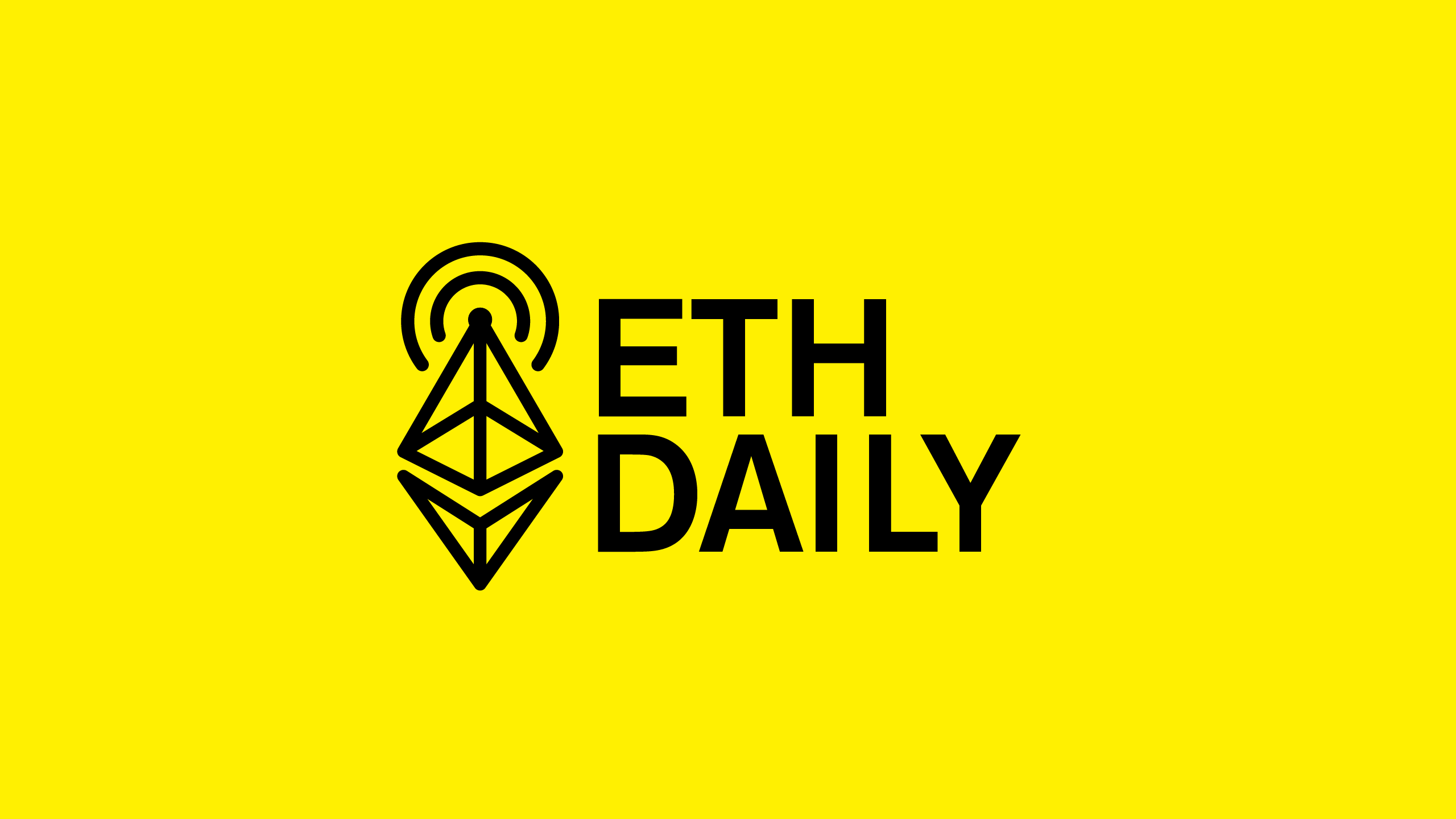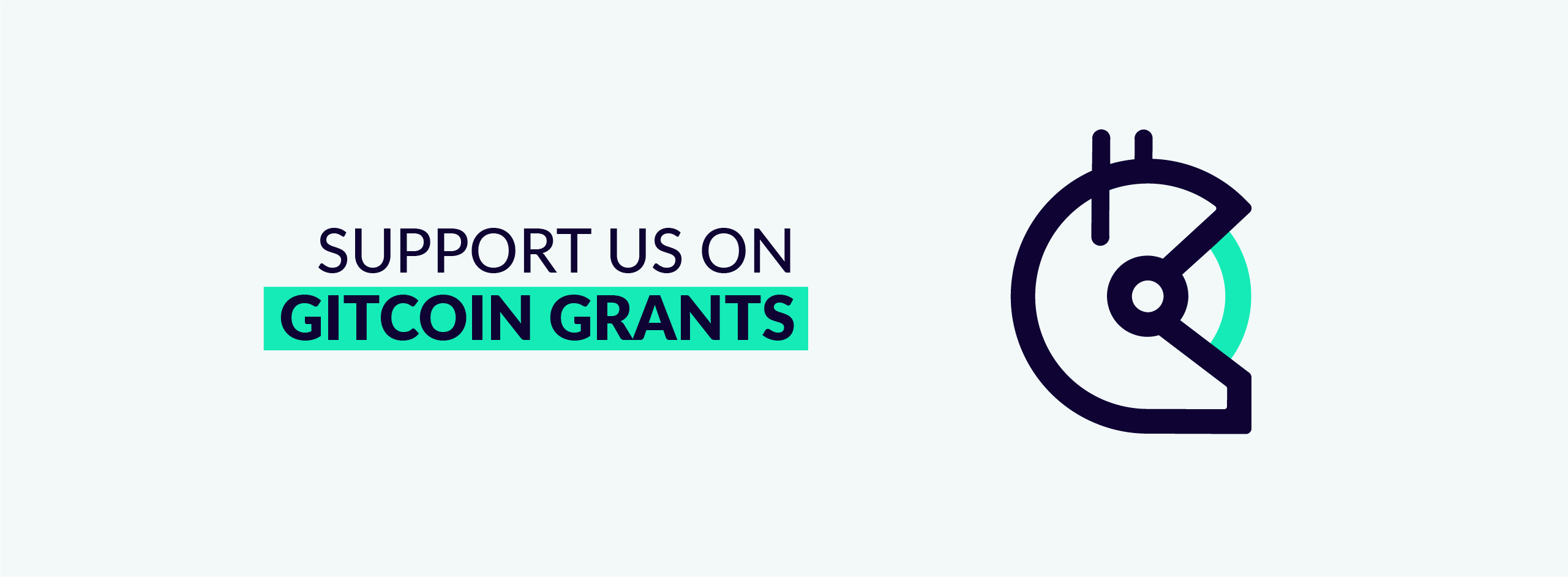Flashbots Builder Is Now Open Source
Monday, November 21, 2022

Quick Take
- Vitalik publishes mechanisms for proof of reserve.
- FTX hacker sells ether for Bitcoin.
- MakerDAO adds support for rETH collateral.
- Flashbots open sources its builder.
This is our Trezor affiliate link.

Mechanisms For Proof of Reserve
Ethereum creator Vitalik Buterin published a post describing cryptographic techniques for CEXs to show that they hold enough on-chain funds to cover their liabilities to users. Buterin first suggests the Merkle tree technique, in which a table of customers’ balances is placed into a Merkle sum tree with salted username hashes.
CEXs would provide each user with a Merkle sum proof of their balance. Users would then have a guarantee that their balance is included as part of total liabilities. The mechanism, however, is prone to privacy leakage because users can still see the balances of other accounts under the same node, giving attackers information about users.
ZK-SNARKs can also be used to prove that all balances in a Merkle tree are non-negative and add up to total liabilities. An added layer of hashing for the Merkle branch would also conceal any information about individual user balances. Buterin emphasizes that proof of reserve is the easiest way to improve the safety of custodial exchanges.

FTX Hacker Sells ETH For Bitcoin
An FTX hacker transferred out 35k ether into a fresh wallet and then swapped it for renBTC using 1inch exchange. According to blockchain security firm PeckShield, the hacker then used the Ren Bridge to transfer out more than 2k renBTC onto Bitcoin. Coincidentally, Alameda Research acquired Ren Protocol in February.
It’s suspected that the hacker plans to use a mixing service on Bitcoin. The FTX hacker also transferred out 180k ether to 12 new wallets in increments of 15k ether per wallet. That ether has not yet been moved at the time of this recording. Prior to the withdraws, the FTX drainer wallet was the 36th largest ether holder.
MakerDAO Supports rETH Collateral
MakerDAO now supports Rocket Pool staked ETH (rETH) as a new collateral type on the protocol. Users can now generate DAI through the rETH-A vault type. The vault has a minimum collateralization ratio of 170%. a stability fee of 1.5%, and a debt ceiling of 5 million DAI. Support for the new vault type is available on DeFiSaver and Oasis.
Both Oasis and DeFiSaver offer features for leveraged positions to increase staking rewards. However, leveraged positions are always at risk of liquidation in the event of a depeg. Maker Governance approved a proposal to add rETH as a collateral type back in June. Over 300k ETH is currently staked across 1,711 Rocket Pool node operators.

Flashbots Open Sources Builder
The Flashbots block builder is now open source, A builder is a specialized entity that takes transaction bundles from searchers, produces a block, and proposes the block to validators. Flashbots hopes to see the ecosystem of builders transition from single-entity block building to collaborative block building.
Open-sourcing the builder further accelerates competition in the builder market and helps maintain validator decentralization. Ethereum’s transition to proof of stake has introduced Proposer Builder Separation (PBS), which separates block proposal from validation. Over 90% of validators currently run MEV-bost software.

Gitcoin Announces First Protocol Round
Gitcoin announced it will be piloting its first QF round on Grants Protocol in collaboration with UNICEF. The round will be run for a select group of 10 impact-focused projects between December 9th-16th. Grants Protocol is a modular platform that allows communities to coordinate their own grant funding rounds. The protocol is currently in closed beta with a public launch set for 2023.

